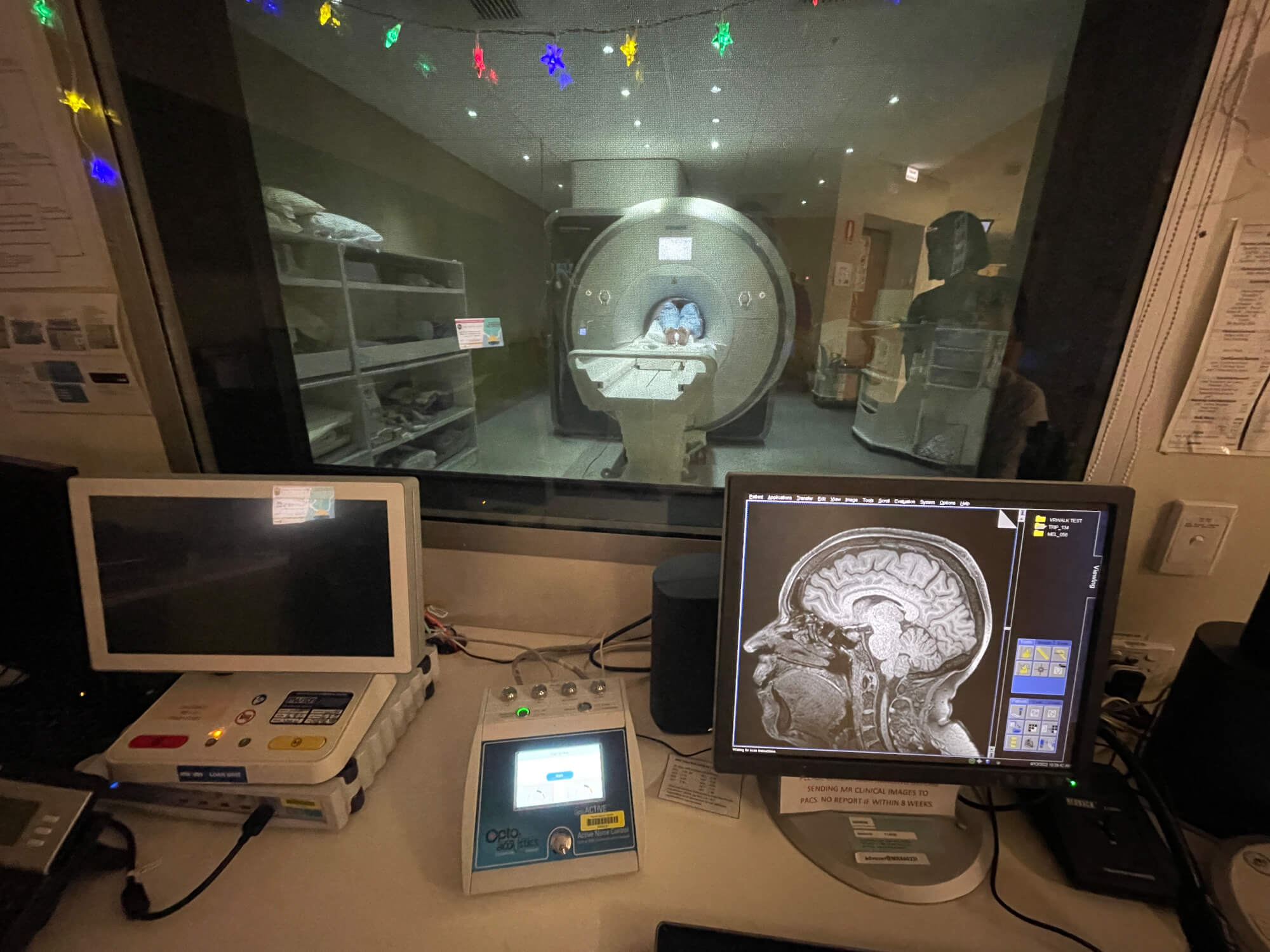Projects
N-acetyltransferase 1, a modifier of disease outcome in patients with Motor Neurone Disease (MND)
2021 RBWH and RBWH Foundation Research Project Grant
Share this project
Project description
The project team has been conducting investigations into the metabolic response of patients with Motor Neurone Disease (MND). Through its research at Royal Brisbane and Women’s Hospital (RBWH), we found that ~40% of patients with MND are unable to tolerate the metabolic pressure of disease. These patients often experience a faster disease progression and earlier death than other patients with MND.
The team has observed that the metabolic response in these patients corresponds to the activity of an enzyme (N-acetyltransferase 1, or NAT1) implicated in function of a particular cell component, the mitochondria.
The mitochondria exist in cells to produce the energy required for normal cell functions. To help these patients mitigate the impact of changes in their metabolic response to disease, it is critical to develop an understanding of why these changes might occur.
Why this work is needed
Motor Neurone disease (MND) is a devastating neurodegenerative disease that is characterised by the death of neurones (or nerves) that talk with muscle cells and control physical movement.
This results in paralysis and death, and death for most patients occurs within 3-5 years after first realising that something is wrong.
There is currently no effective treatment or cure for MND, and this research is looking to provide a therapeutic option for some patients that will slow disease progression and prolong their lives.
Expected outcomes
Resulting study data now shows that an increase in the activity of this enzyme is associated with an increase in the relative metabolic response of patients to disease. Critically, increased activity of this enzyme in patients with MND is associated with faster progressing disease.
Investigating the genetic architecture of patients with MND can shed light on those patients which may be predisposed to faster disease progression. Genetic variability in the NAT1 enzyme activity could predispose patients to impaired metabolic responses to MND.
Identifying drugs that target this enzyme could be used to treat patients with MND, and thus might offer a critically needed therapy for this insidious disease.
Meet the researcher

Dr Fredrick (Derik) Steyn
Lead researcher
Dr Fredrick (Derik) Steyn
Dr Steyn is a Research Affiliate at the Royal Brisbane & Women’s Hospital (RBWH) and the Wesley Hospital, and a Group Leader and Senior Lecturer at the School of Biomedical Sciences at The University of Queensland (UQ). He has over 20 years research expertise in preclinical and clinical neuroscience, and neuroendocrinology with a focus on improving understanding of factors that contribute to disease heterogeneity in neurodegenerative disease, and specifically across the spectrum of Motor Neurone Disease (MND).
He has developed extensive preclinical and clinical research infrastructure that supports the conduct of translational research. The impact of this work is demonstrated through the establishment of collaborations with leading MND research clinics across Australia and Europe, and the translation of research findings into clinical trials aimed at improving disease outcome in patients with MND (i.e., NCT04788745). As part of this broader clinical research platform, his research offers unique opportunities to improve understanding of factors that could impact quality and duration of life, and to validate novel biomarkers to improve capacity to monitor disease-progression in patients with MND.




